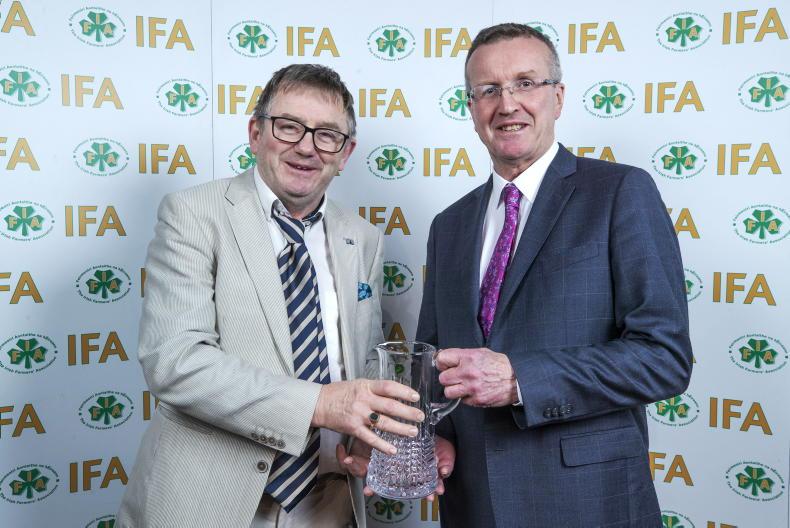IFA president Tim Cullinan addressed the Joint Oireachtas Committee on Agriculture on March 2, regarding the issues facing the pig, poultry and horticulture sectors.
He highlighted the challenges facing the sectors, including spiraling production costs and ever-tightening margins as a result of the dominant position of a small number of retailers.
The IFA president said: “It’s inexcusable that we had 350 commercial vegetable growers in Ireland in 2010, which has now fallen to below 100.
“This can be almost exclusively attributed to the lower price paid by big retail buyers to their end suppliers, forcing primary producers out of business.
“Over 90% of our beef and dairy products are exported and are doing better in world markets than farmers supplying fresh produce within our own country,” he said.
Cullinan stated that the Government must stop below cost selling and implement this into Irish law, which in turn needs to be stringently regulated by the new Food Regulator Office.
Retail buyers must be held accountable and our food producers must be given appropriate legal protection.
The IFA president stated that it is a sad day when Irish consumers are purchasing fruit and vegetables brought in from external markets, when so much more could be done to support our own.
Cullinan said: “It’s time to act on this. These sectors need regulation with real statutory powers of investigation and enforcement to ensure there is equality in the food chain.”

IFA president Tim Cullinan making a presentation to outgoing Monaghan chair and the new regional chair of Ulster/North Leinster, Frank Brady.
IFA national council pass resolution in solidarity with Ukrainian farmers
The IFA national council at its meeting last week, passed a unanimous resolution in solidarity with Ukrainian farmers.
IFA president Tim Cullinan says that Ukraine is a strongly agricultural country with a similar climate to Ireland.
“Irish farmers feel a natural empathy with their colleagues in Ukraine,” he said.
The war will have serious consequences for food markets in Europe and beyond, but for the farmers of Ukraine, the ramifications are far beyond anything we face.
IFA president Tim Cullinan addressed the Joint Oireachtas Committee on Agriculture on March 2, regarding the issues facing the pig, poultry and horticulture sectors.
He highlighted the challenges facing the sectors, including spiraling production costs and ever-tightening margins as a result of the dominant position of a small number of retailers.
The IFA president said: “It’s inexcusable that we had 350 commercial vegetable growers in Ireland in 2010, which has now fallen to below 100.
“This can be almost exclusively attributed to the lower price paid by big retail buyers to their end suppliers, forcing primary producers out of business.
“Over 90% of our beef and dairy products are exported and are doing better in world markets than farmers supplying fresh produce within our own country,” he said.
Cullinan stated that the Government must stop below cost selling and implement this into Irish law, which in turn needs to be stringently regulated by the new Food Regulator Office.
Retail buyers must be held accountable and our food producers must be given appropriate legal protection.
The IFA president stated that it is a sad day when Irish consumers are purchasing fruit and vegetables brought in from external markets, when so much more could be done to support our own.
Cullinan said: “It’s time to act on this. These sectors need regulation with real statutory powers of investigation and enforcement to ensure there is equality in the food chain.”

IFA president Tim Cullinan making a presentation to outgoing Monaghan chair and the new regional chair of Ulster/North Leinster, Frank Brady.
IFA national council pass resolution in solidarity with Ukrainian farmers
The IFA national council at its meeting last week, passed a unanimous resolution in solidarity with Ukrainian farmers.
IFA president Tim Cullinan says that Ukraine is a strongly agricultural country with a similar climate to Ireland.
“Irish farmers feel a natural empathy with their colleagues in Ukraine,” he said.
The war will have serious consequences for food markets in Europe and beyond, but for the farmers of Ukraine, the ramifications are far beyond anything we face.







 This is a subscriber-only article
This is a subscriber-only article










SHARING OPTIONS: